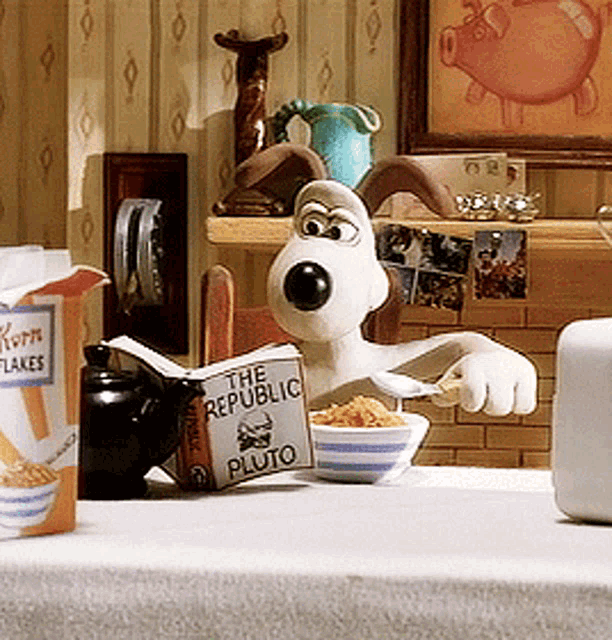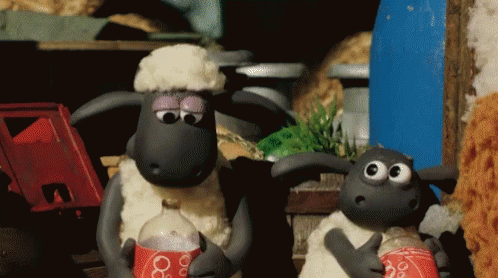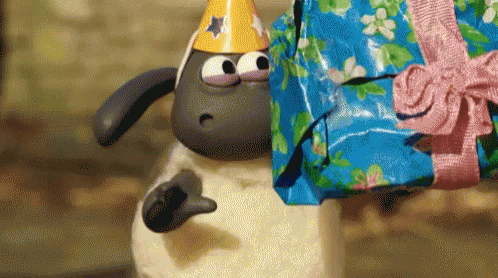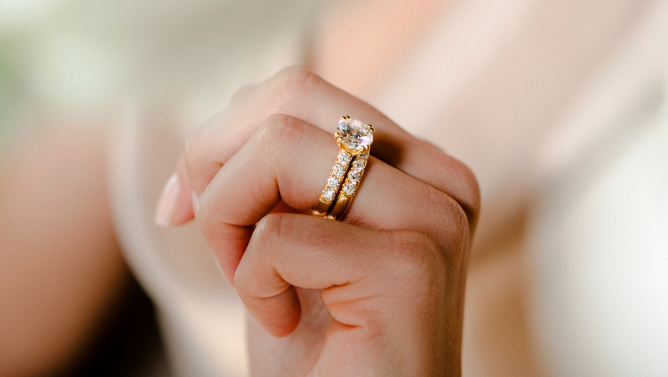Ads. They’re everywhere, shaping our consuming behavior. That’s no secret. Marketing and advertising professionals have one ultimate goal: to sell. Also, not a secret.
But what about the little lies brands tell us to get us to buy their products? Maybe they’re not outright lies, but rather misleading claims or subtle manipulations. Ethics should set the boundaries, yet we’re still bombarded with the same old, outdated tricks—like pushing candy as a “healthy” choice for kids.
But, to be more specific, we made a list of marketing lies that need to stop. Right now.

The “healthy” junk food lies.
What better way to start the day than with a bowl of vitamin-packed cereal? Not just for us, but for the kids too! Or maybe some breakfast cookies with a high fiber content. Look, we added vitamins and minerals! Just don’t think about the fact that they’re loaded with sugar, leading to energy crashes and long-term health issues.
We know the problem is that most people don’t read ingredient labels, and technically, this kind of advertising isn’t lying—it’s just telling the brand’s version of the story. But wouldn’t it be much more honest to call these cereals what they really are? Call them delicious or a fun breakfast treat, but don’t pretend they’re healthy food.

The “clean beauty” myth.
We move from food to beauty, but the idea remains the same. With so many products on the market, it’s easy to feel drawn to labels promising “100% natural and chemical-free skincare.” But here’s the problem—everything is made of chemicals, even water.
In reality, “natural” doesn’t always mean better. Many synthetic ingredients are actually safer and more effective than their natural counterparts. But in a world where buzzwords dominate marketing, these misleading claims continue to thrive—and unfortunately, they seem to work.

The “greenwashing” trap.
Maybe one of the worst offenders is greenwashing. Take, for example, the “eco-friendly plastic bottle.” The truth is, a plastic bottle is never truly eco-friendly. Many companies exaggerate their sustainability efforts while still contributing to the problem.
We’ve written more about why greenwashing is harmful in another article, and our advice to brands is simple: if you truly want to make sustainability a priority, focus on real actions—reduce waste, use recycled materials, or offer refillable packaging.

The “limited time offer” that never ends.
If every day is Black Friday—even on a random Monday in July, labeled as “Summer Black Friday”—customers will start to feel lost in the chaos. And when someone visits a website and sees “Hurry! Only 2 left in stock!”, but the same message is still there a week later, trust is immediately broken.
Fake urgency might push a customer to buy once, but it also makes them feel tricked and betrayed, meaning they won’t return. Our best advice? Actually create real urgency—offer genuine limited editions, exclusive drops, or special bundles that truly add value.

The old “doctor recommended” trick.
We’ve all seen at least 17 ads claiming, “9 out of 10 dentists recommend this toothpaste!” And honestly, there are probably more—but who’s counting? These ads have been around forever.
The problem? These claims are often vague, unverified, or based on biased studies. Who are these mysterious nine dentists? And why is there always one who disagrees? It’s just like 99% of germs—there’s always that one rebel that won’t go away…
Here, we have so much more to say about how marketing shapes our lifestyle and how brands can influence doctors, specialists, and researchers. For example, Coca-Cola has secretly funded research that downplays the role of sugary drinks in obesity, shifting the focus to exercise instead of calorie reduction. These strategies show how brands use trusted figures and authorities to shape public perception and influence everyday choices—often without us even realizing it.
It would be far more responsible for brands to be transparent about their research or, better yet, let real customer reviews do the talking. Let’s retire this cliché already—we’ve had enough dentists reviewing toothpaste.

But at the core of it all, there’s one marketing lie that applies to almost everything.
“You need this to be happy”.
Whether it’s the latest phone, a miracle skincare product, or a luxury car, brands constantly sell us the idea that happiness is just one purchase away. The truth? No product can guarantee happiness.
Of course, nice things can bring joy, but they don’t define our well-being. Maybe it’s time for brands to shift the focus—instead of selling happiness, sell value, experience, or authenticity. Because we just need brands to be real.

Our conclusion.
We’ve grown so accustomed to the lies in ads that we’ve stopped questioning them. Some ads entertain us, while others—full of clichés—barely catch our attention. But manipulative marketing tactics still work, and people will keep buying sugary cereals, believing they’re making a healthy choice for their families.
It’s time for marketers and advertisers to do better—to prioritize ethics, transparency, and real value over misleading claims. Because in the long run, honesty builds trust, and trust builds lasting brands.
If you need help adjusting your marketing strategy, feel free to get in touch and leave us a message.


